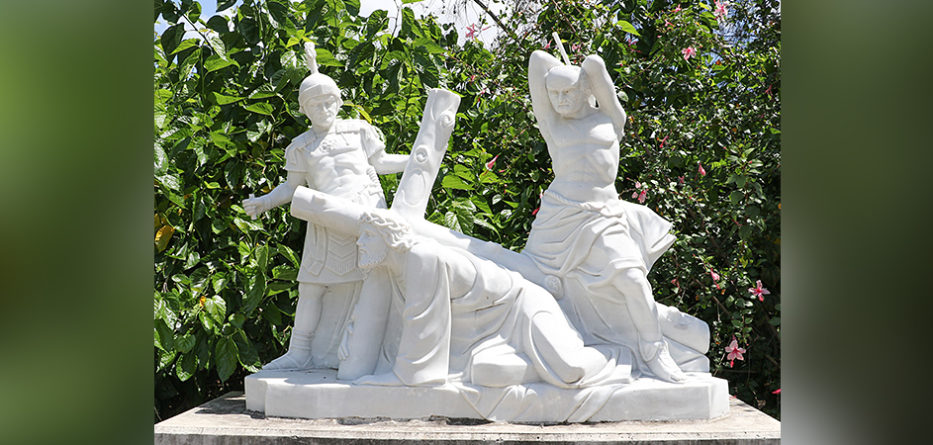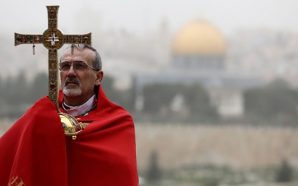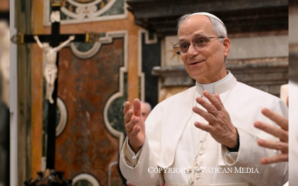On Wednesday, the church celebrated Tenebrae. It is an ancient service that serves as a kind of vigil to the paschal triduum, with the extinguishing of the candles on the hearse — a mirror image of the lighting of candles that accompanies the Gloria at the great Easter Vigil. The Tenebrae service ends in silence, appropriately, as the events we are about to commemorate transcend our vocabularies. In this triduum, we celebrate the paschal mystery that is the very heart and center of the Christian faith.
The church has developed a profound theology around all three days of this liturgical commemoration. We root our theology of the priesthood in the liturgy of the Lord’s Supper. Good Friday and Easter provide the historical basis for our theology of baptism and our doctrine of justification. Our theology of the Eucharist and our ecclesiology are inexplicable without reference to all three days.
Theology, however, is only an explication of faith. The triduum requires our faith itself to make its stand, to announce itself to our conscience and, hopefully, to bear fruit in our lives. These days, the goal is not to understand but to weep.
If there was no Last Supper, no agony in the garden, no betrayal, no crucifixion and no empty tomb, we would be the most miserable of people. Whatever our thoughts about any and all the ethical issues that present themselves to us today, none of them has a distinctive Christian quality if that tomb is not empty.
We may create a more just and inclusive society or we may fall back into old forms of oppression. We may confront the environmental challenges of our time, or not. We may build more peaceful relations in our families and among nations or lapse back into enmity and war. But only in the mystery of the paschal triduum do we discern the origin of the Christian claim (Luke 24:5,6): “Why do you seek the living among the dead? He is not here, but is Risen!”
To continue reading this article, click here.
Michael Sean Winters covers the nexus of religion and politics for NCR.
With thanks to the National Catholic Reporter (NCR) and Michael Sean Winters, where this article originally appeared.








